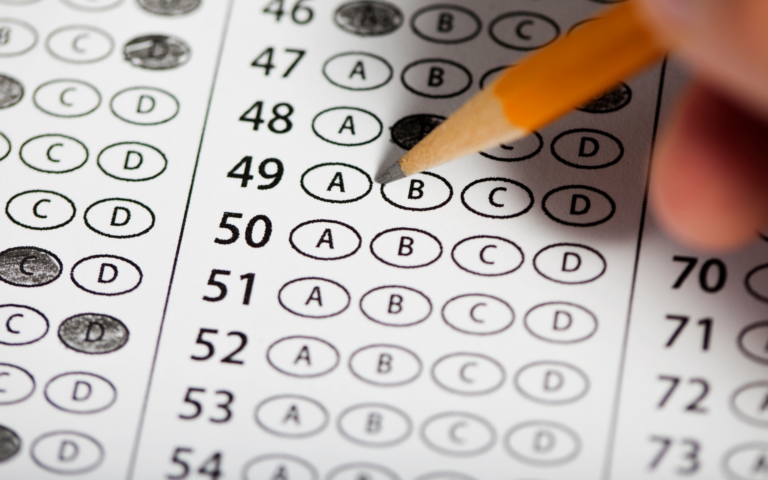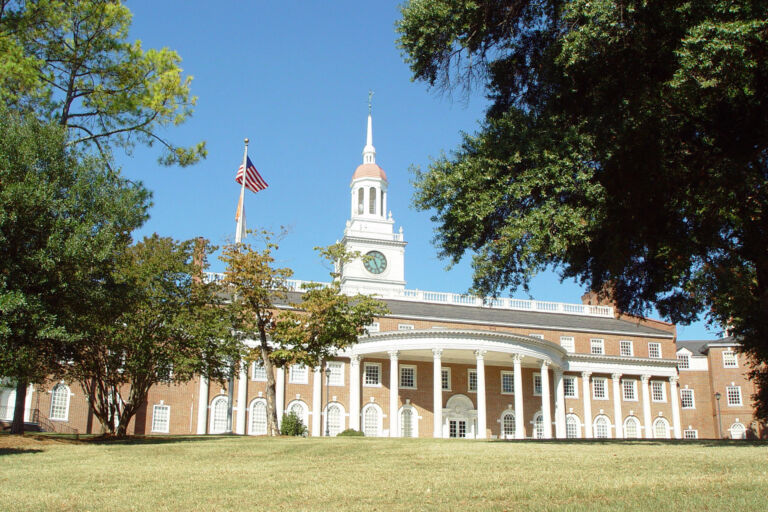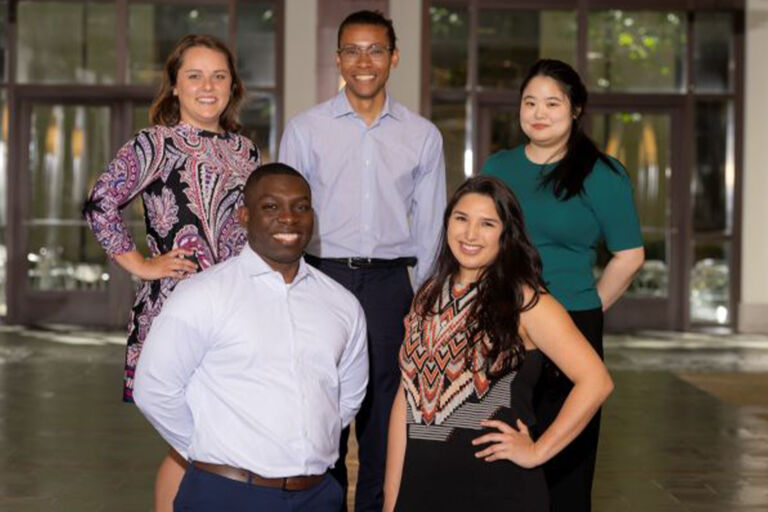Western Michigan University Thomas M. Cooley Law School dropped its lawsuit against the American Bar Association, stating that matters are largely resolved.
“The circumstances that led to the litigation have been largely resolved and there was simply no point in continuing,” “said WMU-Cooley Law School Interim President Jeff Martlew. “Importantly, we have had very cordial communication with representatives from the ABA Council on Legal Education and Admission to the Bar.”
The independent law school had sued the ABA’s Section of Legal Education and Admissions to the Bar in November 2017 after it was found to be out of compliance with ABA Standard 501(b), which requires a law school to only admit students capable of graduating and passing the bar exam.
Cooley Law asked the court to enjoin the ABA from enforcing the admissions standard until it could specify what Cooley needed to do to be in compliance, arguing that the standards were unlawfully vague and unevenly applied among schools.
But the dispute took a major turn in March when Cooley Law agreed to modify its admission standards. The ABA held, at that time, that the school was back in compliance, but had “ongoing concerns about the law school’s continuing compliance” that required it to continue to gather information. Apparently, those concerns have been resolved.
Then in August, the ABA granted Cooley Law acquiescence to open a 60-credit program on Western Michigan University’s main campus in Kalamazoo, Michigan. Cooley, an independent law school, affiliated with WMU in 2014, and had requested approval to teach classes on the Kalamazoo campus in 2016.
Since its founding in 1972, Cooley has maintained a unique admissions program designed to accept a broader pool of students who otherwise would not be admitted to law school. But it required those students to maintain a threshold GPA or be dismissed, and the school has always had higher attrition rates than other schools.
Court documents from the lawsuit show that Cooley Law bases admissions decisions on a formula that uses an applicant’s LSAT and UGPA to predict their law school GPA, based on data from past Cooley students.
Cooley Law automatically admitts students with a predicted GPA of 2.50 or above.
Students with a predicted GPA of 2.20 to 2.49 are admitted after an individual review of their application, but, pursuant to the ABA agreement in March, they are now limited to 12 credits per semester, or one less class than other students. This previously only applied to students with a predicted GPA of 2.34 or less.
Students with a predicted GPA between 2.10 and 2.23 are invited to participate in a one-week admission by performance program known as Professional Exploration Program.
Students with a predicted GPA of 2.0 to 2.09 used to be admitted to the Professional Exploration Program, but pursuant to the March agreement, are no longer admitted.
David Frakt, a Florida lawyer and critic of legal education, has blogged about the lawsuit on thefacultylounge.org. He wrote that the changes, pursuant to the March agreement, were minor in that they will only impact 2.5 percent of previously admitted students.
He also said that, by settling the case, the ABA could “avoid awkward litigation over its seemingly arbitrary enforcement of Standard 501(b), and avoid the risk of litigating similar issues in multiple jurisdictions…”
Frakt recently told Law.com that “the ABA essentially capitulated, giving Cooley almost everything they wanted, while extracting only extremely minor concessions in return.”







